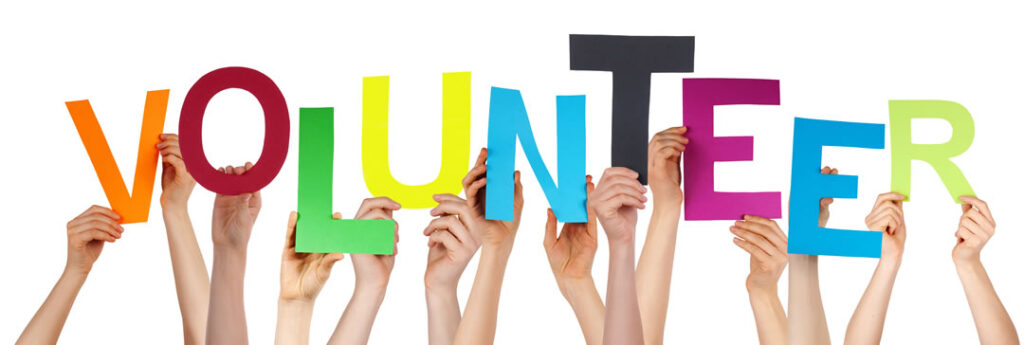
Addiction recovery is a deeply personal journey, but it is rarely one that can be navigated alone. At the heart of many successful recovery stories lies a strong support system, with sponsors playing a pivotal role. Sponsoring someone in recovery is more than just volunteering—it’s an opportunity to make a profound and lasting impact on another person’s life while also strengthening your own.
The Role of a Sponsor
A sponsor is someone who has experienced addiction firsthand and achieved a sustained period of sobriety. In recovery programs like Alcoholics Anonymous (AA) or Narcotics Anonymous (NA), sponsors guide newcomers through the program’s 12 steps, offering wisdom, support, and accountability. Beyond this, a sponsor serves as a mentor and confidant, helping individuals navigate the emotional, social, and psychological challenges of rebuilding a sober life.
The role requires more than simply sharing advice. A sponsor must listen without judgment, provide encouragement, and serve as a living example of what is possible through commitment to recovery. The unique bond between sponsor and sponsee is built on mutual respect and trust, forming a foundation for the often-challenging work of achieving and maintaining sobriety.
How Sponsorship Makes a Difference
For the Sponsee
The impact of having a sponsor cannot be overstated. Addiction often isolates individuals, leaving them feeling misunderstood and unsupported. A sponsor provides a safe space where the sponsee can openly discuss their struggles, fears, and aspirations without fear of judgment.
Sponsors also play a critical role in helping sponsees stay accountable. Regular check-ins and honest conversations ensure that sponsees remain focused on their goals, even when faced with temptations or setbacks. By offering practical advice and sharing their own experiences, sponsors provide invaluable guidance for overcoming challenges and building a stable, sober lifestyle.
For many recovering addicts, the relationship with their sponsor is a source of hope and inspiration. Seeing someone who has successfully navigated the path to recovery offers reassurance that sobriety is not only achievable but sustainable.
For the Sponsor
While sponsorship is focused on helping the sponsee, it also brings profound benefits to the sponsor. Guiding someone through recovery reinforces the sponsor’s own commitment to sobriety, as it requires them to continuously reflect on and practice the principles of their recovery program.
Sponsorship also fosters personal growth. Sponsors often report a deep sense of fulfillment and purpose in helping others overcome challenges they themselves once faced. The experience strengthens their empathy, humility, and gratitude, making them more resilient and emotionally grounded.
Moreover, the mutual bond between sponsor and sponsee creates a sense of connection and community. Addiction recovery can feel isolating, but the act of supporting someone else helps sponsors feel more connected to the recovery community and to their own journey.
The Ripple Effect of Sponsorship
The impact of volunteering as a sponsor extends far beyond the immediate relationship. By helping one person recover, sponsors contribute to breaking cycles of addiction that often affect families and communities. A sober individual can repair relationships, find stability, and even inspire others to seek help, creating a ripple effect of positive change.
Conclusion
Volunteering as a sponsor in addiction recovery is a powerful way to make a difference. By offering guidance, support, and hope, sponsors help individuals overcome addiction and reclaim their lives. At the same time, sponsors find purpose and fulfillment in their own journey, making the relationship mutually transformative. The impact of sponsorship is profound, creating ripples of change that extend far beyond the lives of the individuals involved.